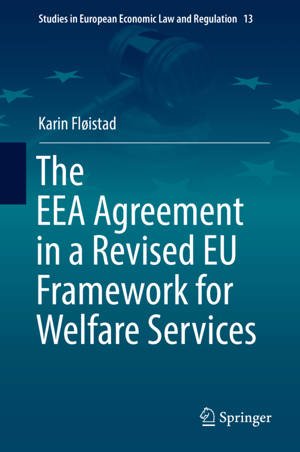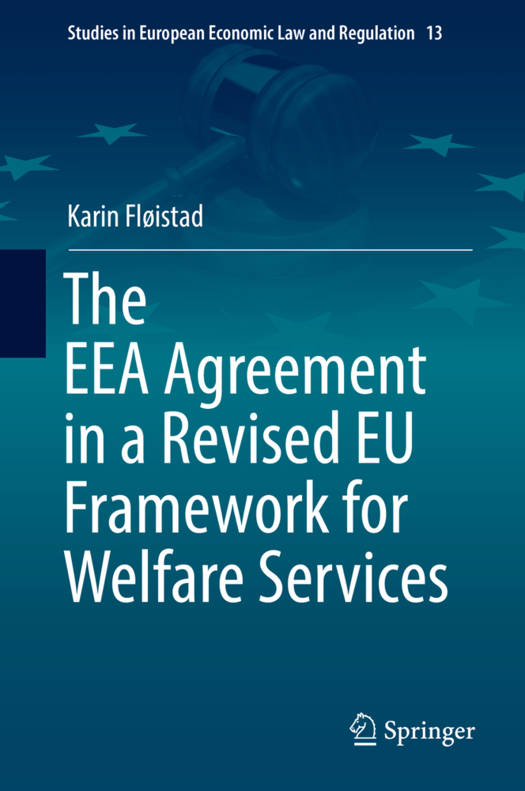
- Afhalen na 1 uur in een winkel met voorraad
- Gratis thuislevering in België vanaf € 30
- Ruim aanbod met 7 miljoen producten
- Afhalen na 1 uur in een winkel met voorraad
- Gratis thuislevering in België vanaf € 30
- Ruim aanbod met 7 miljoen producten
Zoeken
The Eea Agreement in a Revised EU Framework for Welfare Services
Karin Fløistad
€ 126,95
+ 253 punten
Uitvoering
Omschrijving
Offers a timely, much needed consideration of the EEA and its implications for welfare services
Supports a sophisticated understanding of similarities and differences between the EU and the EEA
Provides analysis of the impact of EEA law on EU members and EFTA states
Raises questions about the role of EU and EFTA institutions and the need for awareness and discussion at the national political level
Specificaties
Betrokkenen
- Auteur(s):
- Uitgeverij:
Inhoud
- Aantal bladzijden:
- 289
- Taal:
- Engels
- Reeks:
- Reeksnummer:
- nr. 13
Eigenschappen
- Productcode (EAN):
- 9783319950426
- Verschijningsdatum:
- 16/10/2018
- Uitvoering:
- Hardcover
- Formaat:
- Genaaid
- Afmetingen:
- 156 mm x 234 mm
- Gewicht:
- 607 g

Alleen bij Standaard Boekhandel
+ 253 punten op je klantenkaart van Standaard Boekhandel
Beoordelingen
We publiceren alleen reviews die voldoen aan de voorwaarden voor reviews. Bekijk onze voorwaarden voor reviews.











